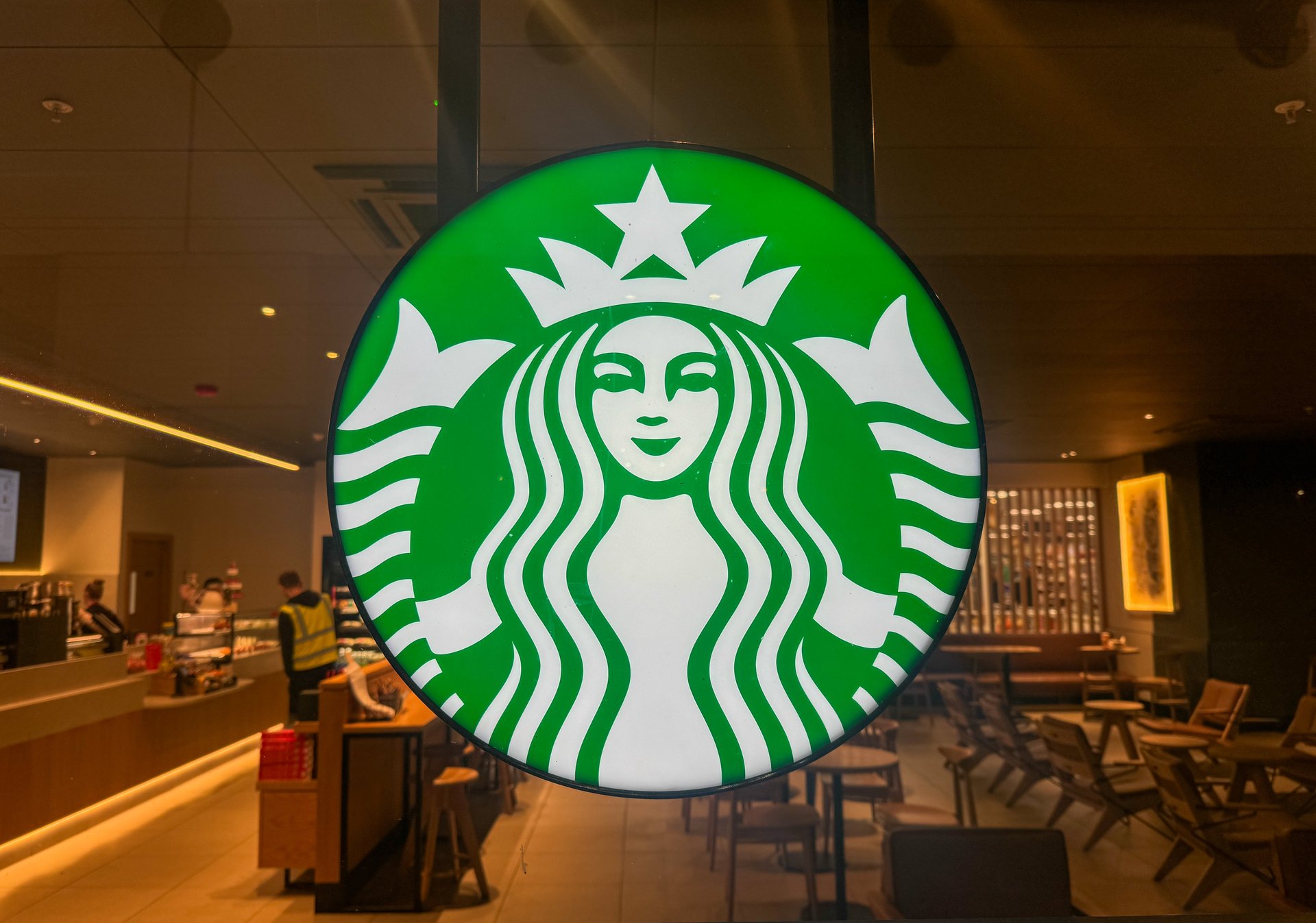Starbucks is tripling its parental leave for U.S. baristas
The company announced it will offer 18 weeks of paid leave

Starbucks (SBUX) is expanding its parental leave benefits in hopes it will keep its in-store employees around.
Suggested Reading
Starting in March 2025, the company will offer 18 weeks of paid leave to birth parents, covering 100% of their average pay. Non-birth parents — those welcoming a child through adoption, surrogacy, or a partner’s birth — will receive 12 weeks of paid leave. To qualify, employees must work at least 20 hours per week, Starbucks confirmed in an email to Quartz.
Related Content
This move follows employee feedback and only applies to U.S. workers. In the past, Starbucks offered a much shorter window for paid leave: typically just six weeks for birth parents, with up to 12 weeks of unpaid leave. The revised policy is designed to support diverse family situations while ensuring financial security.
Currently, only 40% of employers provide paid parental leave, according to a survey conducted by the Society for Human Resource Management, which collected responses from over 4,500 organizations. Paid leave is also one of the top benefits employees prioritize, according to MetLife’s (MET) benefits study.
Despite the expanded benefits, not all employees will see the same level of financial perks. For instance, baristas will receive smaller raises than in previous years due to Starbucks’ struggles to meet its financial targets. The coffee giant has emphasized that raises are based on market conditions, not individual performance. Meanwhile, corporate workers are also being impacted, with bonus payouts slashed to just 60% of their typical amounts. In late October, Starbucks announced corporate employees would need to work in the office three-days a week or quit.
More broadly, this change may also align with CEO Brian Niccol’s “Back to Basics” plan, which he previously stated would help Starbucks finds its core values again. Alongside the expanded leave, the company has set additional goals, such as filling 90% of retail leadership roles internally. Starbucks also offers college tuition coverage, health benefits, and stock grants as part of its efforts to attract and retain employees.
The expanded parental leave is a positive step for Starbucks, especially as it works to create a more supportive work environment in a challenging financial landscape. In the past, unionized workers have pushed for better pay and enhanced benefits. By increasing paid family leave, the company may strengthen its position in the U.S., even as it navigates ongoing economic pressures.
Meanwhile, in China, CEO Niccol has appointed Tony Yang as its inaugural chief growth officer. Yang, a former product development executive in the auto industry, will focus on partnerships with celebrities and entertainment brands to boost the company’s presence in the region.
